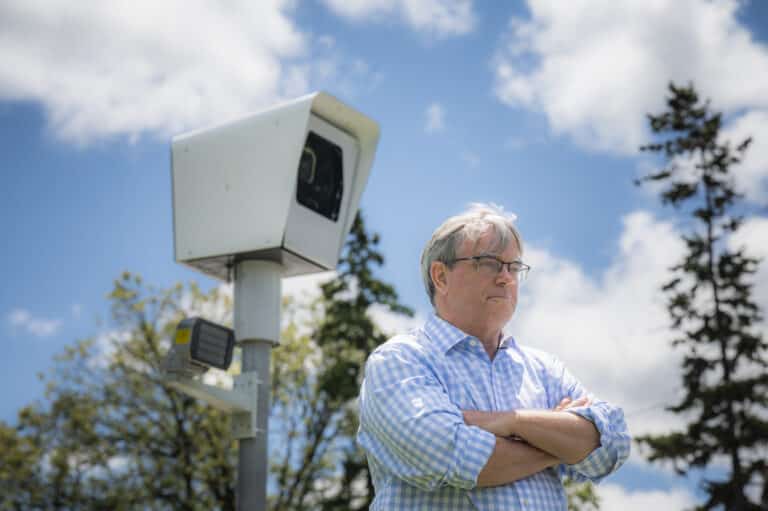An idea that was born as an article in the Fall 2014 edition of C2C Journal has been made into a video documentary by its author, John Robson.
True, Strong and Free: Fixing Canada’s Constitution explains how the solid constitutional framework we inherited from Great Britain was undone by the “botched” amendments of 1982.
In defiance of the current political and media consensus that it’s too difficult and dangerous to reopen the constitution, Robson makes a compelling argument that it can and must be reopened to repair the damage to our parliamentary democracy.
True, Strong and Free: Fixing Canada’s Constitution is now available to watch online for free:






